When my mentor Aaron Hamburger recommended that I reach out to author Eileen Pollack for an interview on Aspiring Author, I didn’t hesitate. Not only does Aaron have impeccable judgement, but he and I have talked at length about Jewish identity as it pertains to writing and literature, of which Eileen writes so comprehensively. I read Eileen’s essay collection Maybe It’s Me: On Being the Wrong Kind of Woman when I needed some light relief – but boy, did it resonate. On being the wrong kind of woman? Sure. On being the wrong kind of Jewish woman? I can absolutely relate (oy). Eileen has had the kind of author career most aspiring authors can only dream about, and I am honored to publish her author interview as a continuation of our author series.
How did you get into writing?
I wrote a lot as a kid, but then I switched to physics, mostly because I was told that women weren’t supposed to become scientists. (If anyone is interested, they can read about that journey in my memoir The Only Woman in the Room: Why Science Is Still a Boys’ Club.) I loved physics, but being the first woman at my university to major in the subject was its own kind of hell. Junior year, I took a nonfiction writing seminar, and then another one senior year, and a fiction workshop, the latter two with John Hersey, an amazing writer, teacher, and human being. I got much more support from my writing teachers than I’d gotten from my physics and math professors, and there were other women in the room, so, when I gave up physics, that’s where I headed. I spent a year in England studying literature, came back to the US and washed dishes and temped and tried to write, spent a few years writing for a small newspaper in New England and freelancing, then went to Iowa for my MFA.
Describe your publishing journey
I published nonfiction as a freelancer before I entered my MFA program, but I couldn’t seem to get any of my fiction published for at least five years after I left Iowa. My classmates were publishing books and stories and winning prizes, and I was working on a novel that I eventually threw away and writing stories no one seemed to want. But eventually I figured out how to edit and revise those stories. I started getting acceptances from literary journals. And then my agent sold my collection The Rabbi in the Attic.
As a Jewish female author reckoning with my own identity, I read your latest essay collection Maybe It’s Me: On Being the Wrong Kind of Woman with glee. How much of this was written as a response to society’s expectations of what it means to be a certain kind of woman, much less, a Jewish woman?
Only the title essay, about dating in New York City, was written as any kind of direct response to my feminist frustrations. Each of the other essays was written as the idea came to me, over a period of about 20 years. I would have an experience, or something would come up in the news, and I would have questions about what I had done, or what had happened to me, or what was going on in the world, and I would write an essay to try to explore and maybe answer those questions.
You talk about how you “found cultural tourism to be wearying and confusing”. That sounds like hard work. How much work must writers put in as “cultural tourists” to accurately represent cultures other than their own?
I don’t think anyone can accurately represent cultures other than their own. But I also don’t agree with my students that the very enterprise is suspect or impossible or not to be attempted. True, you can’t just go to some country and cluck about how poor everyone is, or marvel at how exotic the culture seems to be. You should try your best to learn all you can about the place you’re visiting, the culture, the politics, the history, the language, the food. You shouldn’t speak as an authority. But you can write about your encounter with another culture, your confusion, what you learn, similarities, differences, just as people from other cultures should feel free to write about their encounters with your own culture. Humility helps. I think Anthony Bourdain modeled how even a straight white American male can write about his encounter with another culture and not be a jerk about it.
How did you find your literary agent?
My first literary agent found me. One of my first stories came out in a literary magazine, she saw it, and she wrote to me. She was a lovely person, and she sold my first book for me. Then I won a contest, and a more famous agent wrote to say she would like to represent me, and I stupidly deserted the first agent. I will always regret doing that. This second relationship was incredibly frustrating, but I was afraid to leave that agent … for 20 years. Finally, I switched to a wonderful woman who had been my student at Michigan before becoming an agent, and that relationship has been pure pleasure. Jenni understands who I am. She gets what I am trying to do. She offers helpful suggestions. She responds quickly to my emails (I try hard not to bother her more than necessary, but I don’t always succeed because I’m as insecure as any other writer). And she is very trustworthy. If she says she will do something, she does it. If she can’t do something, she explains why.
Describe your relationship with your editor
I have had many editors over the decades. Some of those relationships were better than others. I always try to listen to my editors’ suggestions for improvement and follow whatever advice strikes me as helpful. Then I thank the editor for the advice I disagree with and politely explain why I’m not following it. My advice is to wait to respond to any suggestions your editor may give you until you’ve had time to process your emotions and consider your response in a rational way. Also, remember that the entire staff at the publishing house is overworked and everyone is doing their best. If you’re upset over something that seems less than ideal to you, remember to consider the feelings of the person you’re complaining to, even if you are completely in the right (which you might or might not be).
Talking of relationships, you write about your experience with dating apps. You say you were “raised to be a masochist. What woman isn’t?” How much of your essay collection was written to remedy that specific pain and humiliation women suffer at the hands of men?
Most of the essays were inspired by my feelings of not fitting in, not following the rules, not fulfilling the norms most women are supposed to fulfill. The whole masochism thing is only a small part of the larger refusal to do what a woman is expected to do.
You were a former director of the MFA Program at the University of Michigan. How did you earn that position?
I started as a lecturer and worked my way up to a tenure-track position, which is pretty unusual. Mostly, I did this by devoting myself to my students, both undergrads and MFAs. First, I was asked to direct the undergrad creative-writing concentration. Later, I was asked to teach our graduate students. I paid a lot of attention to my students’ manuscripts, tried to make their lives easier, counseled them … I tried very hard to diversify the student body (through our admissions process) and later (when I had more power) the faculty. I kept publishing, so I earned tenure. And, to be honest, no one else wanted to direct the program!
How important do you think it is for their author careers that writers get their MFA?
What I think is important is finding the time to write and finding people who will read your early work and give you useful feedback and nudge you toward reading writers whose work will inspire and guide you as you find your own voice and material. A good MFA program will give you two or three years to do all that and make sure you don’t come out with any debt. If you can manage all that in some other way, you don’t need an MFA. But if you want the teaching credentials (and experience), you do need the MFA program.
Who are your literary inspirations?
Grace Paley. Philip Roth. Bernard Malamud. Charles Dickens. Alice Munro. Flannery O’Connor. John Cheever. My teacher at Yale, John Hersey. My teachers at Iowa, James Alan McPherson and Lynne Sharon Schwartz. My friend and former colleague Charles Baxter.
So much of the Jewish experience is embroiled in suffering, where hope might be one antidote. How important is it for writers to infuse hope in their work?
Some writers write about the world as they see it, which might present a pretty grim vision, without much hope. That’s fine. Other writers write about the world as they hope it might be. That vision offers more hope. I prefer the latter. I grew up at a hotel in the Borscht Belt; that is, I grew up among people who literally created and defined American comedy. My vision will always be comic, which is to say I always see hope—for redemption, for salvation, or maybe just for a good laugh. Stand-up comics and comic actors and filmmakers and writers have gotten me through the hardest times in my life. And really, Judaism is all about the possibility of bringing about a perfect world, a utopia created by human beings, for other human beings. I might not believe in God, but I do believe in Tikkun olam.
You write candidly about the ugly side of life, sex, and death. How should aspiring authors look to represent the ugly-beautiful in their craft?
Mostly, I am trying to write about what is beautiful in this life. But nothing is purely beautiful. Everything has a bit of schmutz mixed in. The grain of grit is always still there inside the pearl it helped to form, right? If you don’t mix in any ugliness, you end up with sentimentality, which is the polite word for schmaltz. I love to teach Raymond Carver’s story “What We Talk about When We Talk about Love.” At the most moving part, when Mel, the narrator, is trying to convey how much this elderly man loves his injured wife, the dialogue gets obscene. Mel starts cursing. That keeps the ending of the story from getting sentimental and allows the reader the accept and experience all the beauty and love.
How do you separate the business end of writing from the craft?
I write my own stuff in the mornings and either teach, edit, do the taxes, or respond to requests like this one in the afternoons.
What is your next project? Will it be as darkly humorous as Maybe It’s Me?
I’m working on a novel based on a bunch of disturbing events that happened to me the summer after I graduated high school, and some disturbing stuff that happened in my hometown that same summer (I wasn’t involved in that other stuff, but for the sake of the novel, I tie it all together). Not as funny as Maybe It’s Me but in the same vein.
What is your daily writing routine?
I try to write every morning, although it takes me longer to get started these days (I’m older and lazier and I don’t have a son to raise or an MFA program to run). I read The Times first, do a few puzzles, play a few hands of computer bridge. Eventually, I convince myself to open whatever story or essay I’ve been working on and put in a few good hours.
What does success look like to you?
Writing stories, essays, novels, or nonfiction books that I am proud to have written. Finding someone who is willing to publish what I’ve written. Hearing from people I trust and admire that they’ve found something I’ve published to be worthwhile.
How important is it to you to pay it forward to aspiring authors?
Older writers were very kind and generous to me when I was starting out. They still are! I can’t pay back John Hersey, Jim McPherson, Lynne Schwartz, Steven Millhauser, and so many others, so, as the saying goes, I try to pay it forward. I also remember what it was like to be the only woman in the room when I was studying physics, so I am especially happy if I can help a writer who feels outside the mainstream feel more welcome, more comfortable, more confident, freer.
What keeps you sane?
Tennis.
Writing is one of those peculiar pursuits where the more years you’ve lived, the more stories you have to tell, the more words you’ve heard and read and scribbled down in the dark. What advice would you give to the younger Eileen starting her author career?
Don’t doubt yourself so much. Just because your work takes a long time to find a publisher doesn’t mean it isn’t work you can be proud of.
Similarly, what one piece of advice would you give to aspiring authors starting their writing careers?
Don’t write what you think you should write, or what you think will sell, or merely what you are able to write. Write what you absolutely must write. That doesn’t necessarily mean you need to write from an angry political position (though it might mean that!). You might absolutely need to write about sex, or the place you grew up, or the people who raised you, or how to dance the tango. But write about that rather than writing what feels safe and easy. Take risks. If you’re afraid to write what you’re writing, that’s a good sign.
About Author Eileen Pollack
Author Eileen Pollack graduated from Yale with a BS in physics and earned an MFA from the Iowa Writers’ Workshop. She is the author of the novels The Professor of Immortality, The Bible of Dirty Jokes, A Perfect Life, and Breaking and Entering, which was named a New York Times Editor’s Choice selection, as well as two collections of short fiction, The Rabbi in the Attic and In the Mouth, which won the Edward Lewis Wallant Award. Eileen’s work of creative nonfiction Woman Walking Ahead: In Search of Catherine Weldon and Sitting Bull was made into a movie starring Jessica Chastain. Her investigative memoir The Only Woman in the Room: Why Science Is Still a Boys’ Club was published in 2015; a long excerpt appeared in the New York Times Sunday Magazine and went viral. Her work has been selected for Best American Short Stories, Best American Essays, and Best American Travel Writing. Her most recent book, an essay collection called Maybe It’s Me: On Being the Wrong Kind of Woman, was published in 2022 by Delphinium Books and received starred reviews from Publisher’s Weekly and Kirkus. A former director of the MFA Program at the University of Michigan, she now lives and writes in Boston.
Recommended reading
Here at Aspiring Author, we love recommending bestsellers and fawning over hot new releases. On this real time recommended reading list, you will find a list of top rated books on the publishing industry, craft, and other books to help you elevate your writing career.

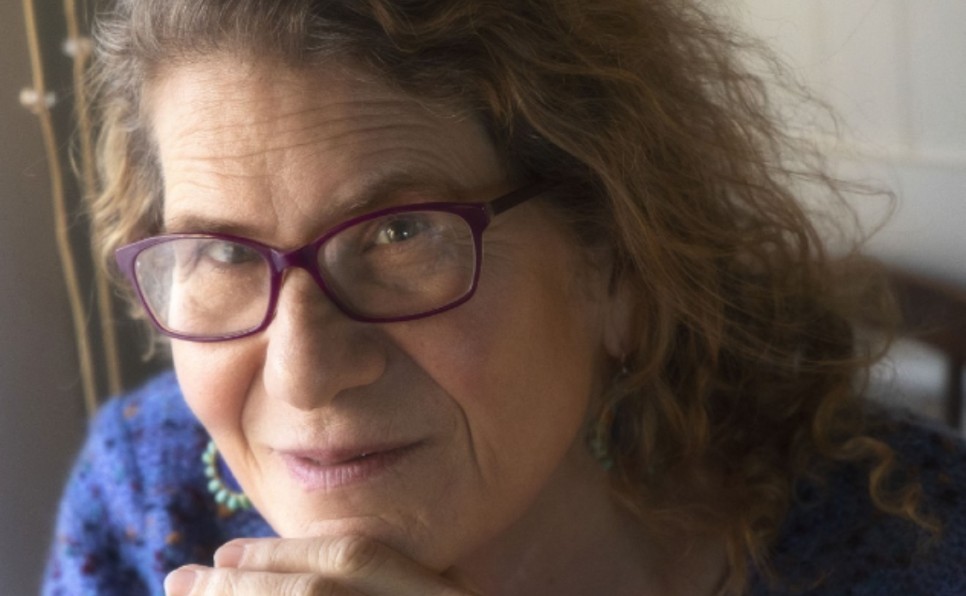
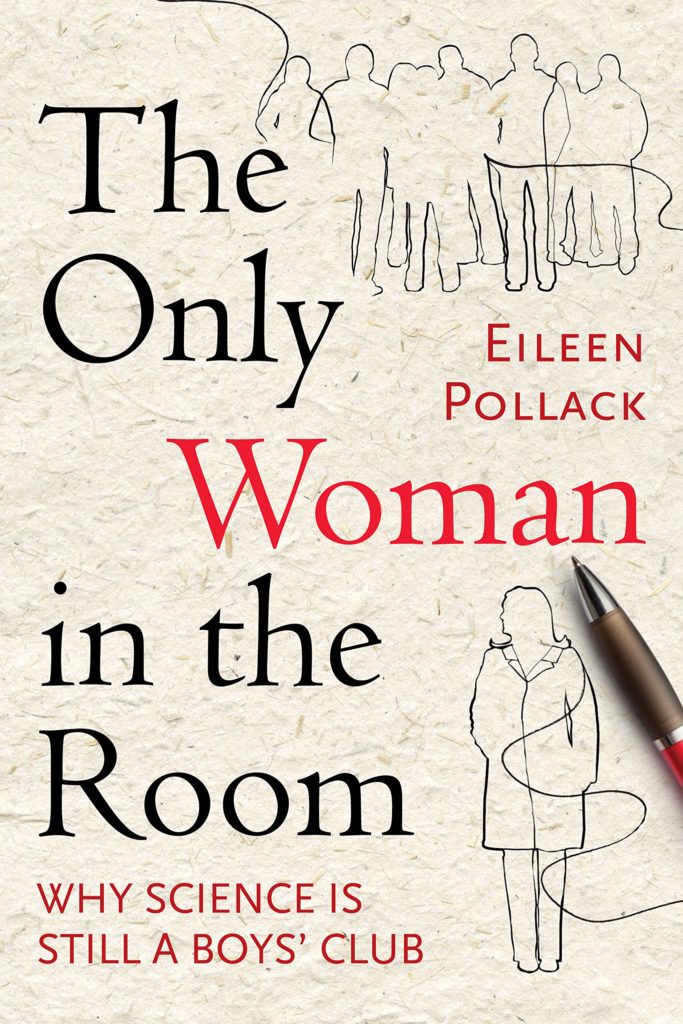
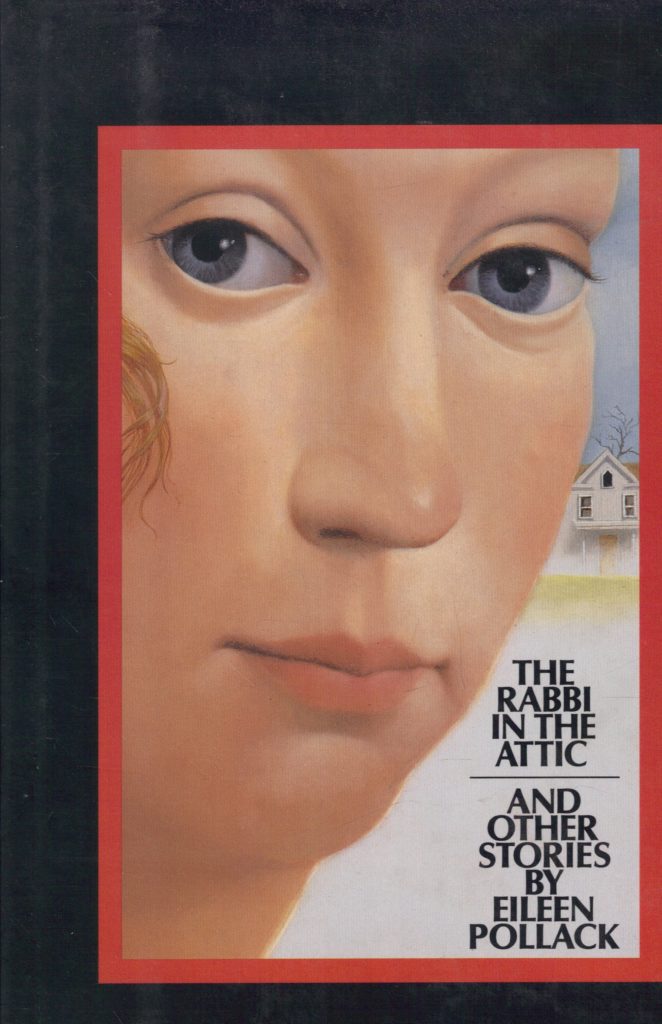
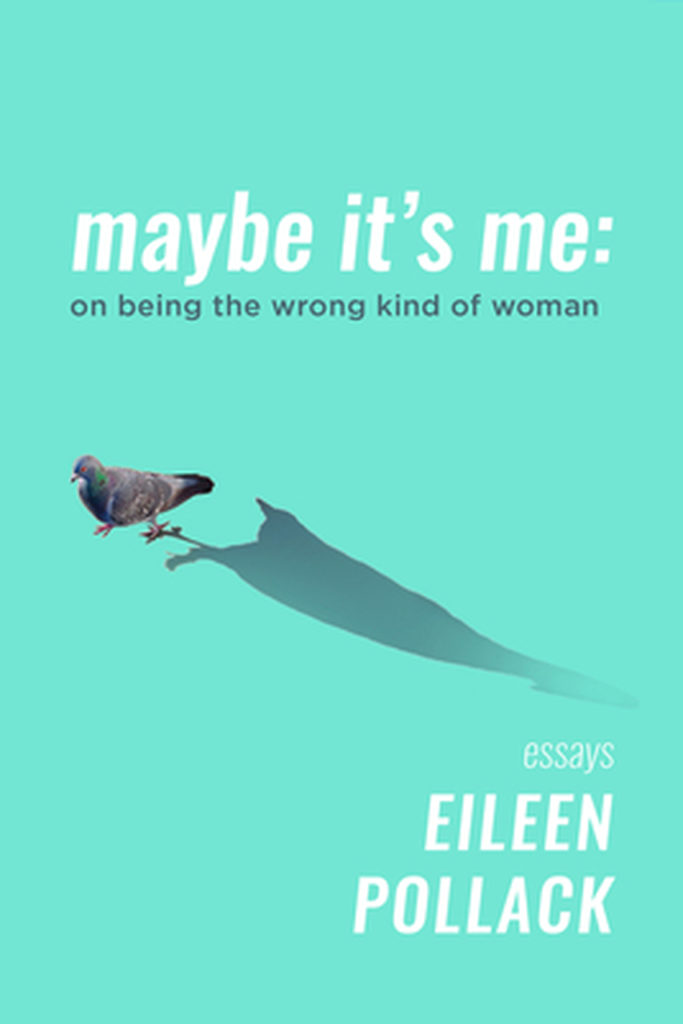
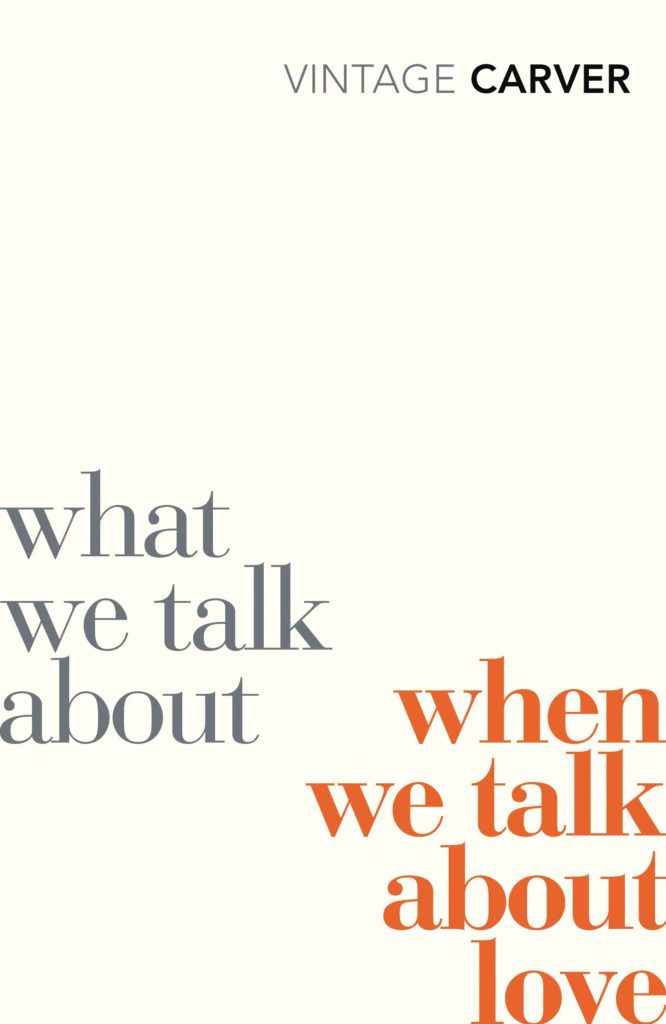





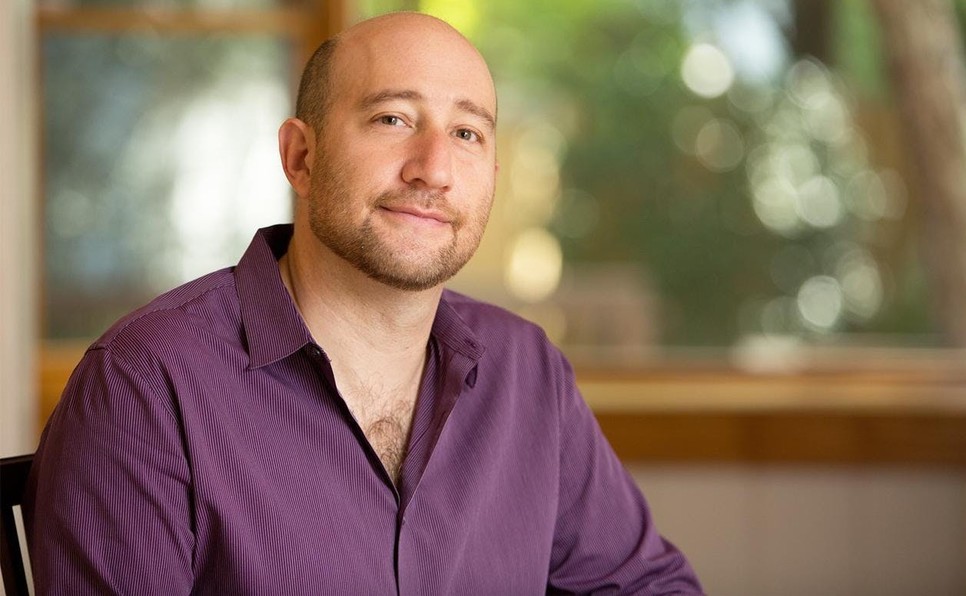
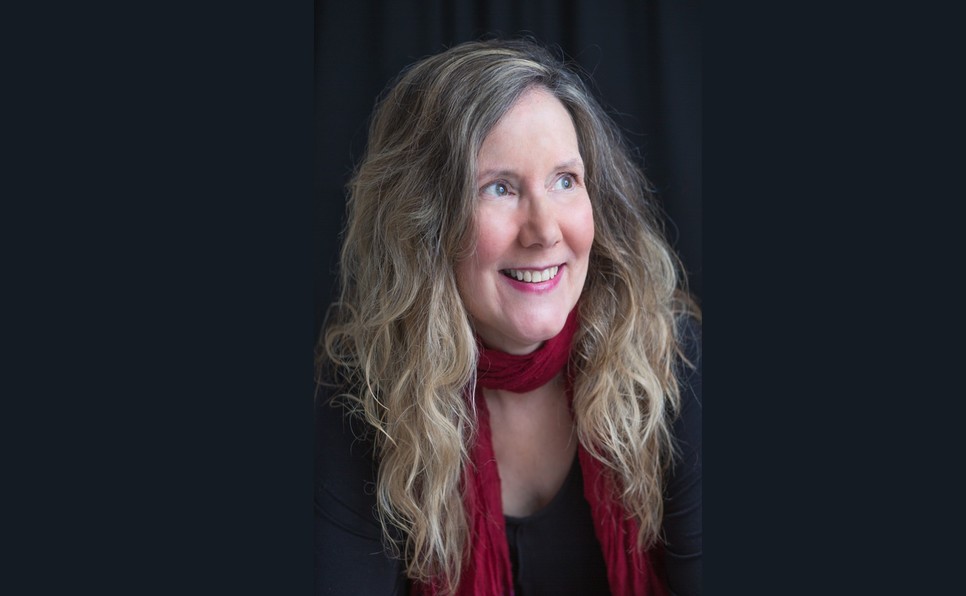
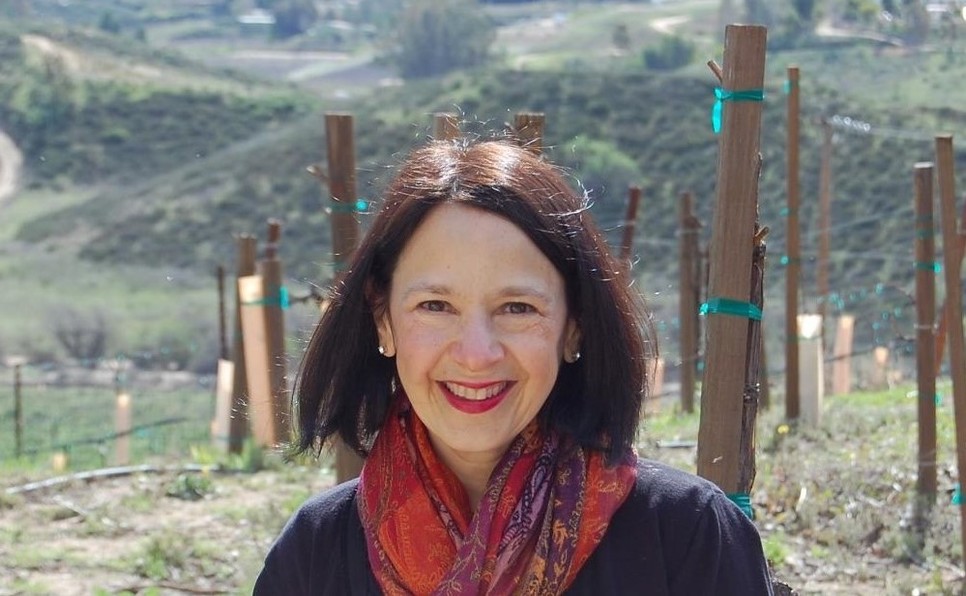
Love this wry and wise interview– Natalie and Eileen are a dynamic duo!
Thank you so much, Elizabeth! <3